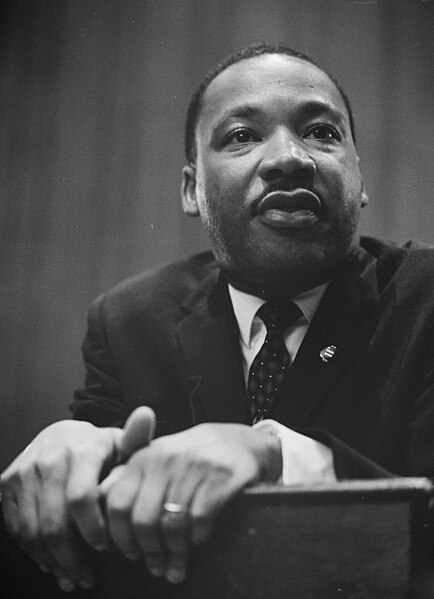Today, we're announcing a new Massachusetts state wide initiative:
OPERATION COOPERATION http://operation.coop
Our goals are to: highlight the importance and power of the Massachusetts cooperative economy; to forge better cooperation across our co-op sectors; to increase citizen awareness and support for our cooperative economy.
Find us online: http://operation.coop
Like us on facebook: http://www.facebook.com/operat
Please share this announcement with your colleagues and friends
Join the conversation at http://groups.google.com/group
Q: How can my co-op participate in Operation Cooperation?
A: We will be publishing a list of participating co-ops. Join the list at: http://operation.coop/?p=219 Through your participation we can start to promote collective actions that strengthen our co-op economy across all sectors.
Q: I don't live or work in a cooperative. What's my role?
A: First, join in support at http://operation.coop/?p=219 . Help spread the word and encourage friends to join too. We are preparing a public campaign to promote actions that all citizens can take to support cooperation. These actions include: Move your money to a credit union; Join a food co-op; Do business with local cooperative enterprises; Support co-op food brands; Renting or sharing? Learn more about the benefits of cooperative living.
Q: What's first?
A: We have a Boston City resolution being prepared and the text of a State Resolution that we want to build support for. The draft text can be seen here http://operation.coop/?p=11
Q: I have a great idea or suggestion. What do I do?
Join the conversation at http://groups.google.com/group
In cooperation
Operation Cooperation Team
--
Peter T. Brown
Red Sun Press
www.redsunpress.com



 We are Bound Together
We are Bound Together

